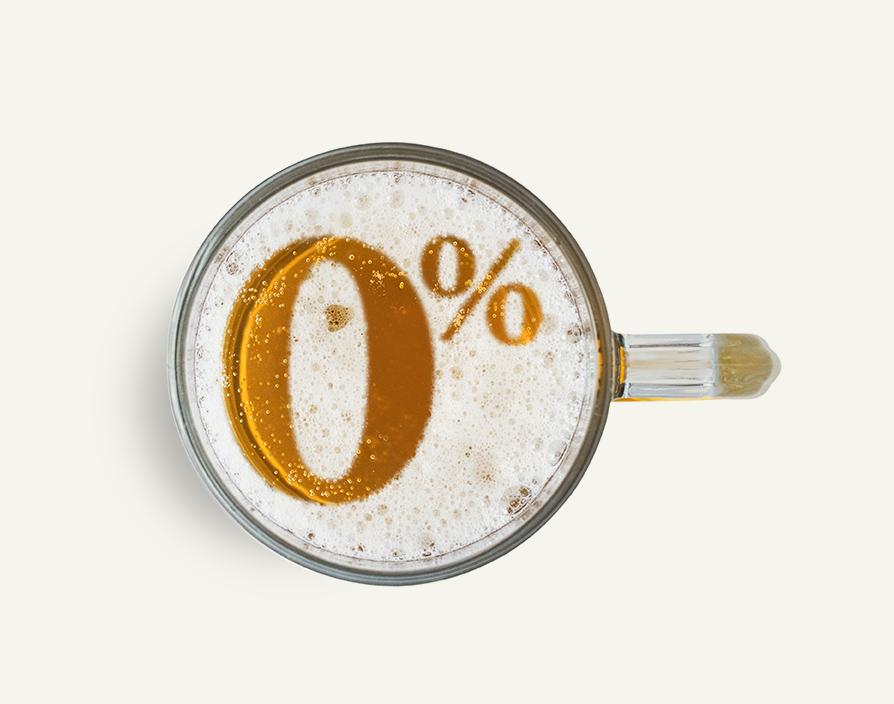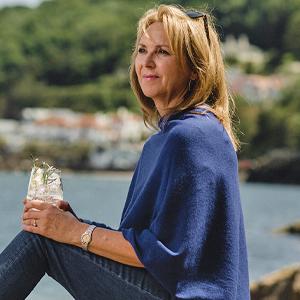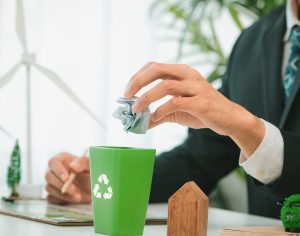When we ran our wine bar in Torbay, myself and my husband (also my business partner) noticed a slow and steady increase in the number of our customers asking for non-alcoholic drinks; authentic and credible alternatives served with the same flare and attention of their alcoholic counterparts. This demand was the inspiration behind Sea Arch non-alcoholic drinks and the reason we took a gamble on what seemed like a rather niche market. Although it is only a few years ago, the idea of asking for an alcohol-free drink in a bar or restaurant was something that many people believed would never take off. It was almost impossible to believe the category would enjoy the unprecedented growth of over 500% since 2015. AND even in today’s economic climate, it shows no sign of slowing down; the low and no sector in the UK is expected to reach a value of €1.3 billion by 2025 according to Gareth Bath, managing director at Diageo-backed incubator fund Distill Ventures.
So, what should entrepreneurs do if their lightbulb moment revolves around an area that may not be mainstream, one that seems slightly too niche to have longevity? For us I would say that the key was doing really thorough research over a period of time, long before we made the leap into founding a brand. We had first hand experience of consumers requesting low and no alcohol products, it was a trend we ourselves witnessed the growth of and were very much a part of. This audience wasn’t just designated drivers, or expectant mums, this ever-growing group of mindful drinkers was made up of people who were more conscious about their health, both physical and mental and were ready to change or modify their drinking habits in the very social situations, which historically and culturally always seemed to revolve around alcohol. Also, very interestingly, it included people of all ages, and sexes, and was relevant to many demographic groups. So yes, the decision to create a business around an ‘emerging category’ was terrifying, and high risk, but we believed there was much evidence to support success.
Once you have established that there is a sufficient market for the product or idea to make it a viable business, then it comes down to making that product or idea the absolute best it can be. For Sea Arch that meant many things, but producing a premium product was key with TASTE very much at the forefront, using the best ingredients true to the brand values of fresh, natural flavours with its coastal inspiration and care for the environment reflected across the portfolio. We agreed at the beginning that we would make no sacrifices on quality, that the brand would be both healthy and aspirational and in fact would be something consumers would actively choose regardless of its alcohol content or lack thereof.
Share via:








































